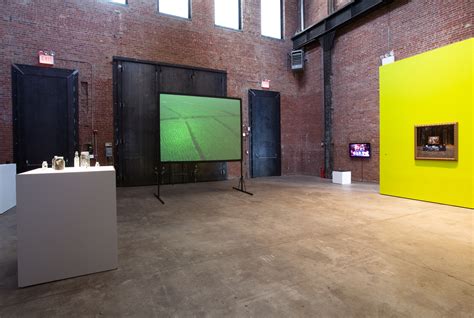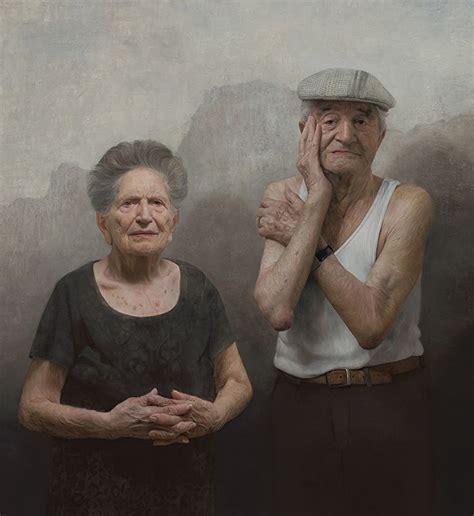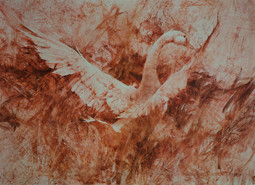A Quote by Roni Horn
I understand all the work to be of a nonabstract nature regardless of the style, form, or explicit subject matter because all the work... is concerned with evoking experiences that are in themselves - and their relationship to you, the viewer - the ultimate subject and content of the work. I want to equate the experience of the work with its meaning.
Related Quotes
In a play, certainly, the subject is of more importance than in any other work of art. Infelicity, triviality, vagueness of subject, may be outweighed in a poem, a novel, or a picture, by charm of manner, by ingenuity of execution; but in a drama the subject is of the essence of the work-it is the work. If it is feeble, the work can have no force; if it is shapeless, the work must be amorphous.
Millennials want to find meaning in their work, and they want to make a difference. They want to be listened to. They want you to understand that they fuse life and work. They want to have a say about how they do their work. They want to be rewarded. They want to be recognized. They want a good relationship with their boss. They want to learn. But most of all, they want to succeed. They want to have fun!
But to demand that a work be “relatable” expresses a different expectation: that the work itself be somehow accommodating to, or reflective of, the experience of the reader or viewer. The reader or viewer remains passive in the face of the book or movie or play: she expects the work to be done for her. If the concept of identification suggested that an individual experiences a work as a mirror in which he might recognize himself, the notion of relatability implies that the work in question serves like a selfie: a flattering confirmation of an individual's solipsism.
People want to know those details. They think it gives them greater insight into a piece of art, but when they approach a painting in such a manner, they are belittling both the artist’s work and their own ability to experience it. Each painting I do says everything I want to say on its subject and in terms of that painting, and not all the trivia in the world concerning my private life will give the viewer more insight into it than what hangs there before their eyes. Frankly, as far as I’m concerned, even titling a work is an unnecessary concession.
The meaning of a work is not what the author had in mind at some point, nor is it simply a property of the text or the experience of a reader. Meaning is an inescapable notion because it is not something simple or simply determined. It is simultaneously an experience of a subject and a property of a text. It is both what we understand and what in the text we try to understand.
I want my paintings to give the viewer a true sense of reality - that includes but is not limited to depth, scale and a tactile surface as well as the real sense of what the subject looks like and is feeling at the time that I painted them. There should be a discourse between the viewer and the subject, to feel as though they are in a way connected. My goal is not to set a narrative but rather to have the viewer bring their own experiences to the painting and the subject as they would if they had seen the subject on the street in real life.
It is what makes conscious of the conditions and laws of observing which applied in this manner become a theme on its own. The activity of consciousness depending on the way the work itself proceeds, becomes the subject of my attention this way and it is precisely because of this voyeuristic attitude toward the own observation and experience of the subject that the conscious analytic dimension in the work shows.
What I found interesting in dance is the idea that my work has always been dealing with the nervousness between the human subject as a subject and the human subject as a form. And if you look at my dance films, there are always these cuts between the dancer as a form, the dancer as a subject, and this kind of very harsh treatment of the dancer as someone who's actually drawing with their body.








































